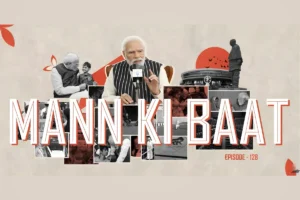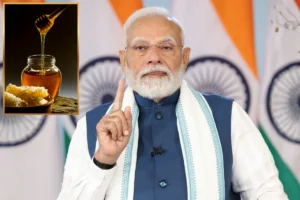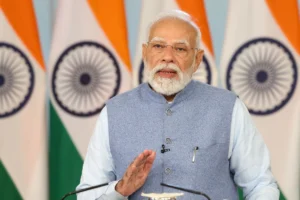
Google CEO Sundar Pichai expressed his admiration for Prime Minister Narendra Modi’s vision for artificial intelligence (AI), noting that Modi is urging tech leaders to leverage AI to tackle pressing societal issues. Pichai confirmed that Google is significantly investing in AI in India and aims to increase its capital infusion in the country.
Speaking at a CEOs’ roundtable with PM Modi, Pichai emphasized the Prime Minister’s commitment to transforming India through the ‘Digital India’ initiative. “PM Modi has pushed us to continue making in India and designing in India. We are proud to now manufacture our Pixel phones in India. He is focused on how AI can transform the country for the benefit of its people,” he said.
According to Pichai, Modi has challenged the tech community to develop AI applications across various sectors, including healthcare, education, agriculture, infrastructure, and energy, to facilitate India’s transition to a developed nation. “We are robustly investing in AI in India and look forward to doing more. We have initiated several programs in partnership with MeitY, the agriculture and health ministries, and both central and state governments,” he added.
Also Read: Modi Hugs Humankind, Aditya Gadhvi And Devi Sriprasad Performs At ‘Modi And US’ Event
Pichai remarked that PM Modi consistently encourages industry leaders to contribute more to India, particularly in the realm of AI. “He has a clear vision regarding the opportunities AI presents and how it can benefit the populace,” Pichai noted.
Following his address to the Indian diaspora, PM Modi met with top executives from the technology and biosciences sectors. After the meeting with 15 CEOs, he expressed optimism about India’s future on social media.
Additionally, Pichai announced a $120 million ‘Global AI Opportunity Fund’ aimed at enhancing AI education and training worldwide. Reflecting on his own experiences, Pichai shared how growing up in Chennai, India, inspired his career in technology. He recalled limited access to computers in his youth, stating that encountering such technology in the U.S. shaped his ambition to make technology accessible to more people.
To read more such news, download Bharat Express news apps






















